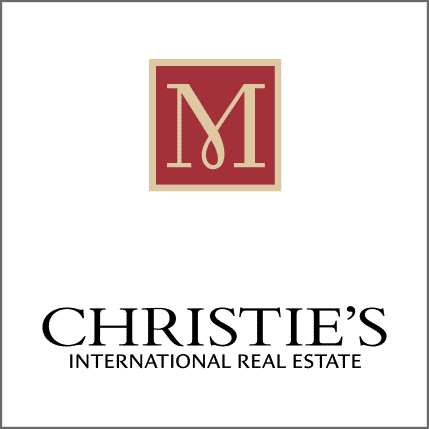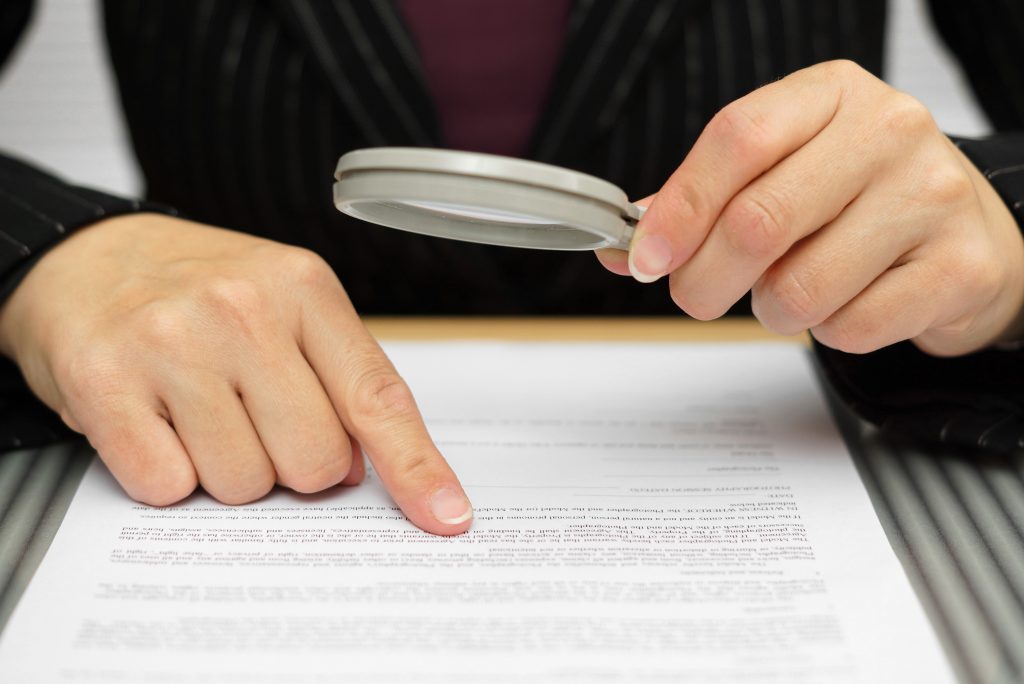Click here to read Part One of the Buying Guide.
The likelihood is you’ll have invested a lot of time searching for your luxury property in France. From website research, to agency calls and property visits. Once you find the perfect home you are looking for, it’s time to start the negotiation phase. By working closely with your Maxwell-Baynes/Christie’s International Real Estate agent, you’ll receive support and advice on how best to proceed.

2. NEGOTIATION
Once you have identified the property you like it is extremely important that you feel comfortable with the decision you are about to make. Rushing into decisions could cause a multitude of problems and you don’t want to find that you are legally committed to something that you feel is a mistake. So it is important to ensure that you have had satisfactory answers to your questions before starting the negotiation process.
Having visited other properties or conducted research on the internet, your agent should be in a position to provide validation of the property’s value. You should discuss with your agent the best way to approach the negotiation and what price should be presented to the vendors. Our objective is always to ensure that both buyer and seller feel the transaction has been fair and has been handled professionally. Simply putting forward a much lower offer could create problems in concluding the deal as it can create entrenched positions that are then difficult to surmount.
The other point to be mindful of is that the agent in France is normally mandated by the seller. However without a willing buyer there is no transaction and as a result most sensible agents will work to ensure a balanced position that both parties are comfortable with.

TOP TIPS
• Make sure that the property meets some of your criteria and that you feel that you have enough information to be in a position to make a well informed decision.
• Work with your agent to decide the best strategy for making a bid.
• Always declare if you are likely to need financing as this can have implications for the seller that we will cover later in this guide.
• Don’t be tempted to make over aggressive offers if your agent advises against it, as it may work against you as negotiations proceed.
• Ensure that any ‘conditions’ that you wish to include in the contract are stated clearly at the outset as they may change the seller’s mind.
• Try to sign a “compromis” as soon as possible once you have made your decision to ensure that you can successfully secure the property.

3. SURVEYS
The protocol for building or property surveys can have quite significant variations from country to country so we thought it might be helpful to outline what is normal in France. It is the seller’s responsibility to provide up to date surveys (diagnostics) carried out by a registered professional before the first signing (compromis). There are a variety of areas covered in the mandatory surveys and these include the Diagnostic Performance Énergétique (DPE), which relates to the energy efficiency of the property’s insulation and heating. It is also required to provide a survey on issues such as lead (normally found in the paintwork of old houses rather than water piping), asbestos and termites. These reports should highlight any issues relating to the property and must be made available to the notary before the first signing (compromis). It is also a requirement to provide information on the condition of the electric, gas and drainage systems to ensure that they conform to current standards. Once these are seen and accepted there is no possibility of using them to renegotiate the price after the first signing has taken place. There is no cost to the buyer for these surveys.
It should also be noted that in France there is no obligation to provide a building survey or structural survey, as it is not common practice. It is possible for the buyer to conduct this type of survey but it is important to understand that it must be done before signing the purchase contract, as again it cannot be used as a condition of sale or a means of renegotiation of price after signing.
TOP TIPS
• Make sure that you have seen the obligatory diagnostic reports and that you are comfortable to proceed. These reports will all be in French so make sure your agent can properly explain them to you.
• If you are concerned about the findings get professional advice on the degree of cost that might be involved in fixing the problem. A builder or architect could help with this.
• If you would be more comfortable with a full building or structural survey’ please arrange this before signing or agreeing price and terms. This will be at the buyer’s cost, and may take time to set up as there are just a few British surveyors based in France, or who travel to France to conduct a survey.
• If you find extensive costs that you are uncomfortable with then you should renegotiate or walk away.
In Part Three of the Buying Property in France Guide we will outline the buying process, next steps with the Notory and property taxes.
Missed Part One? Click here.
